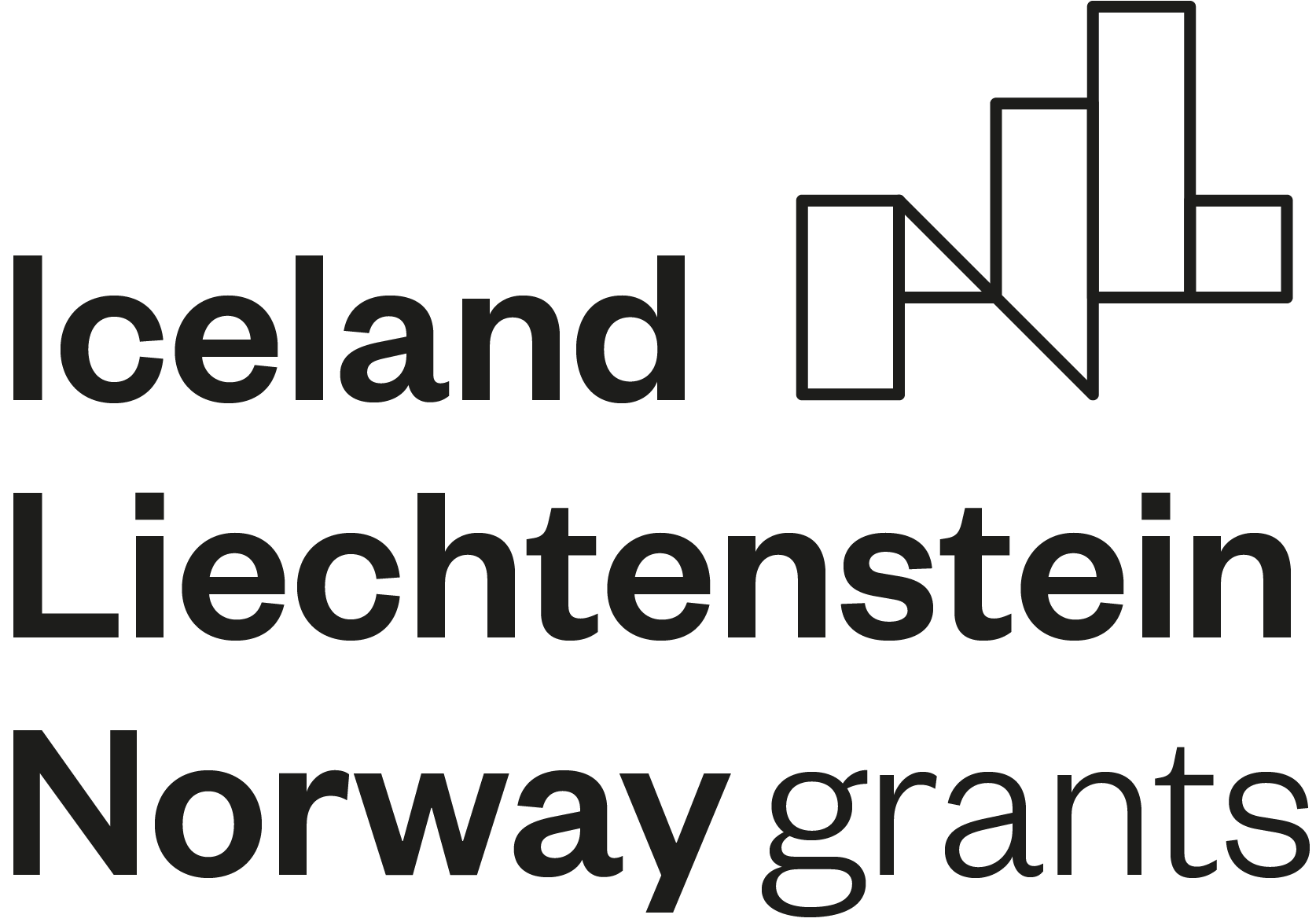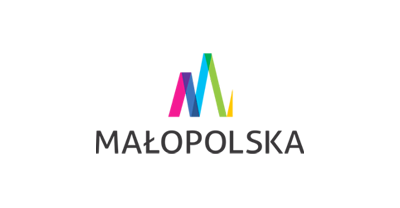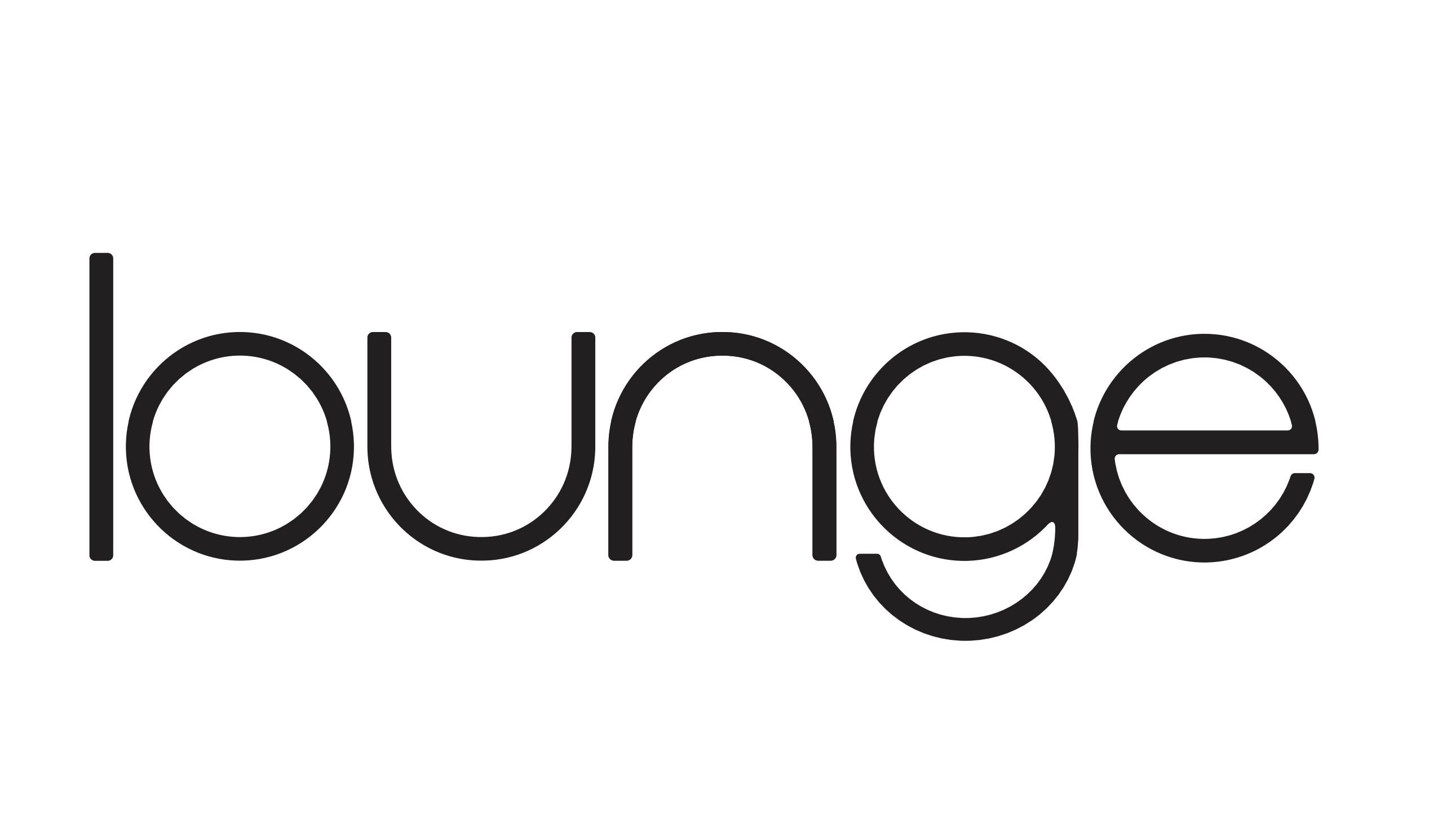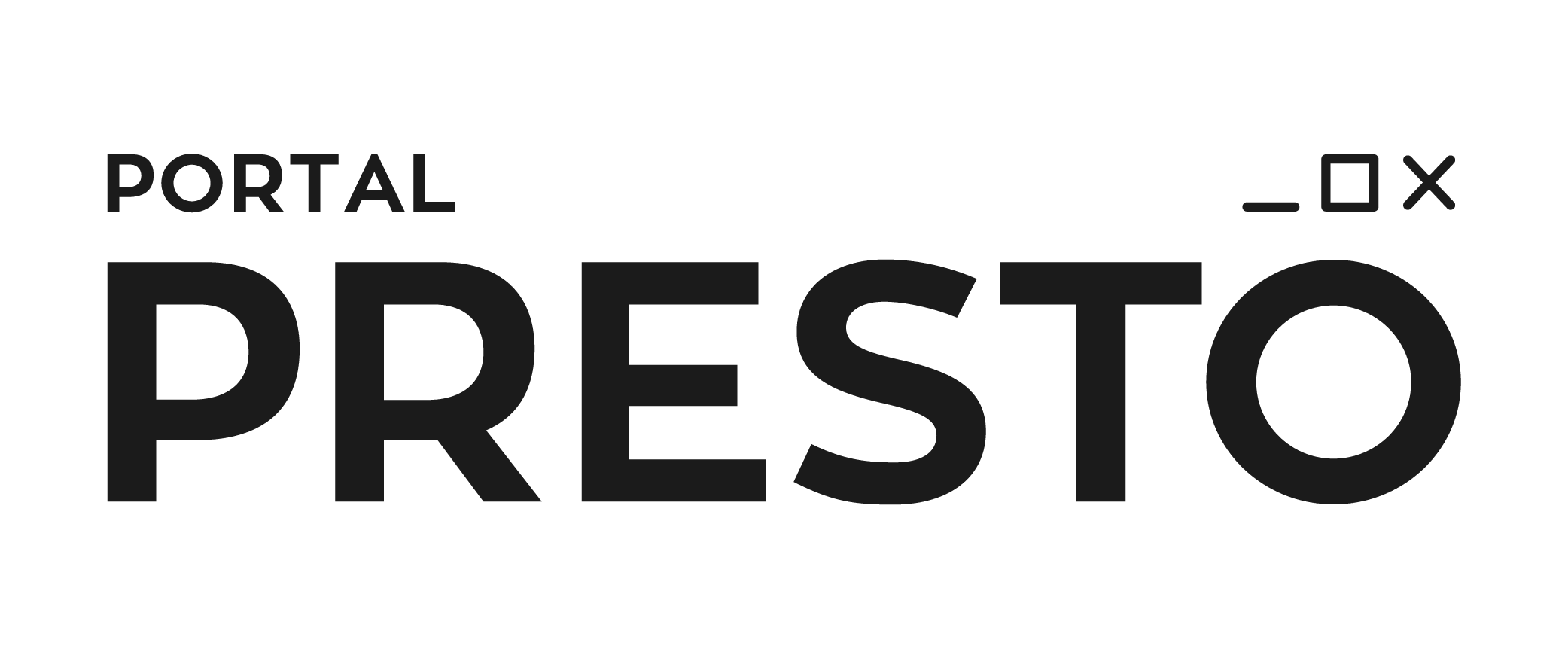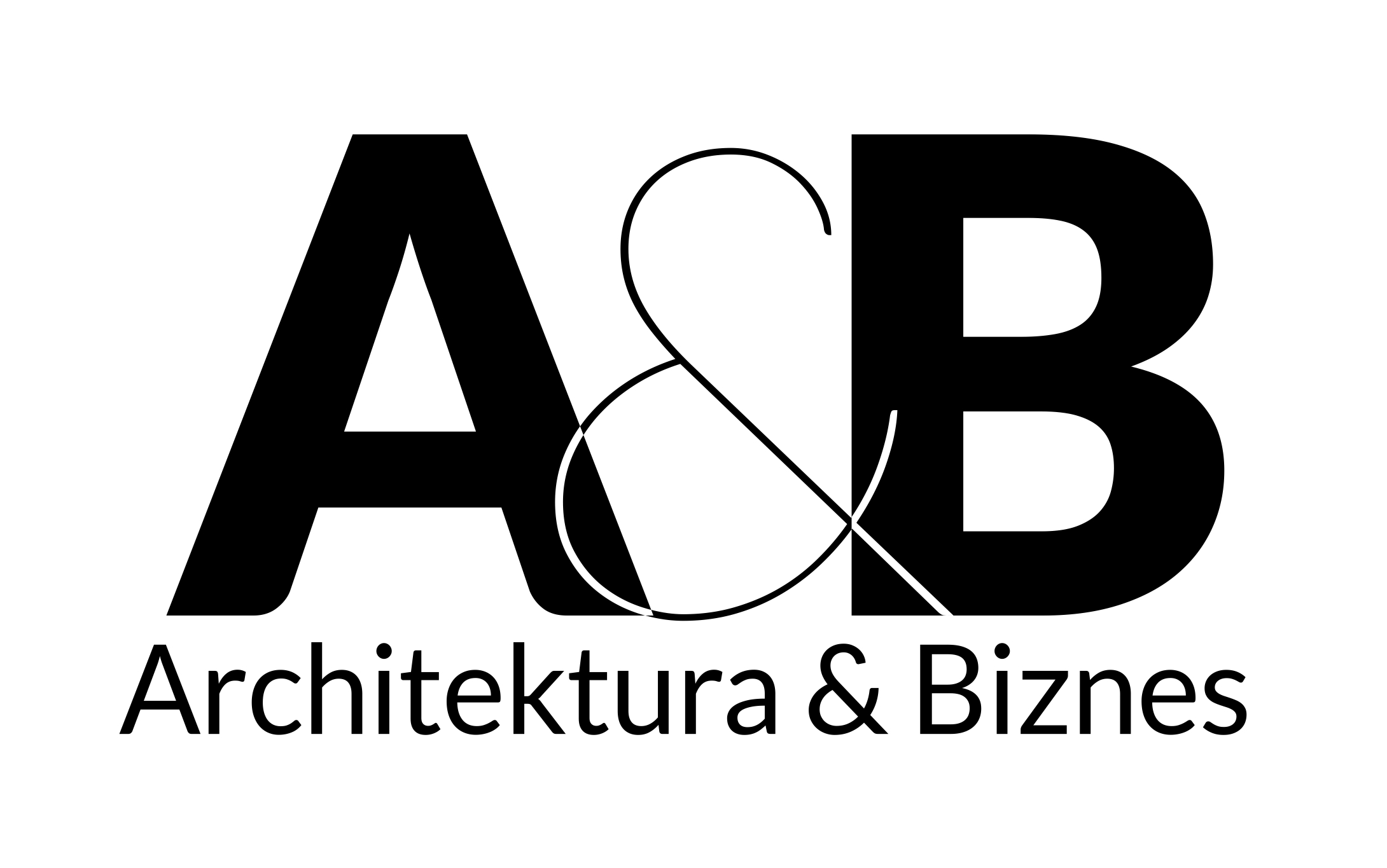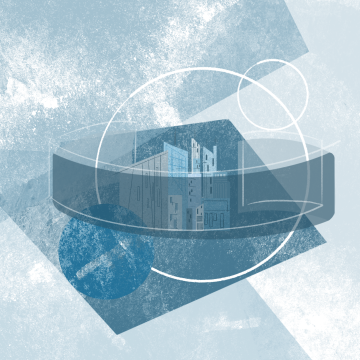
How work of the Accessibility Coordinator in the Theatre looks like ?
Dominika Feiglewicz [DF] talks to Arkadiusz Klej [AK] about the daily work of the Accessibility Coordinator at the Słowacki Theatre in Krakow.
[AK] What was your start in the position of Accessibility Coordinator like?
[DF] In 2018, the Słowacki Theatre in Krakow appointed me as Accessibility Coordinator. At the time, it was the first theatre institution in the Malopolska province to have a full-time coordinator. Usually there were people who had this function while doing other things at the same time. It was very pioneering. A few years ago, the position itself was just forming and no one knew exactly what I should do. On the legal side - all cultural institutions should strive for accessibility for people with disabilities. Each has an obligation to adapt the communication/information/architectural areas in such a way that people with different needs have access regardless of their limitations.
[AK] What range of activities does the theatre have on offer after five years of your activity?
[DF] We try to create (primarily) inclusive workshops in the theatre, i.e. workshops aimed at both people with and without disabilities. These include theatre workshops, awareness classes, but also workshops related to theatre craft or dance and movement. We organise various trainings for theatre staff, actors and artists.
For example, we organise so-called touch tours, which introduce visually impaired viewers to a particular performance in the form of a guided tour of the stage space and the opportunity to touch the scenery. So that people with disabilities can better understand what happens later in the performance, during the touch tour they can touch the props, scenery, costumes, which makes it much easier for them to receive the audio description. In the 1989 performance we organised an additional workshop on movement. As it's a musical, we showed them how the actors move and dance.
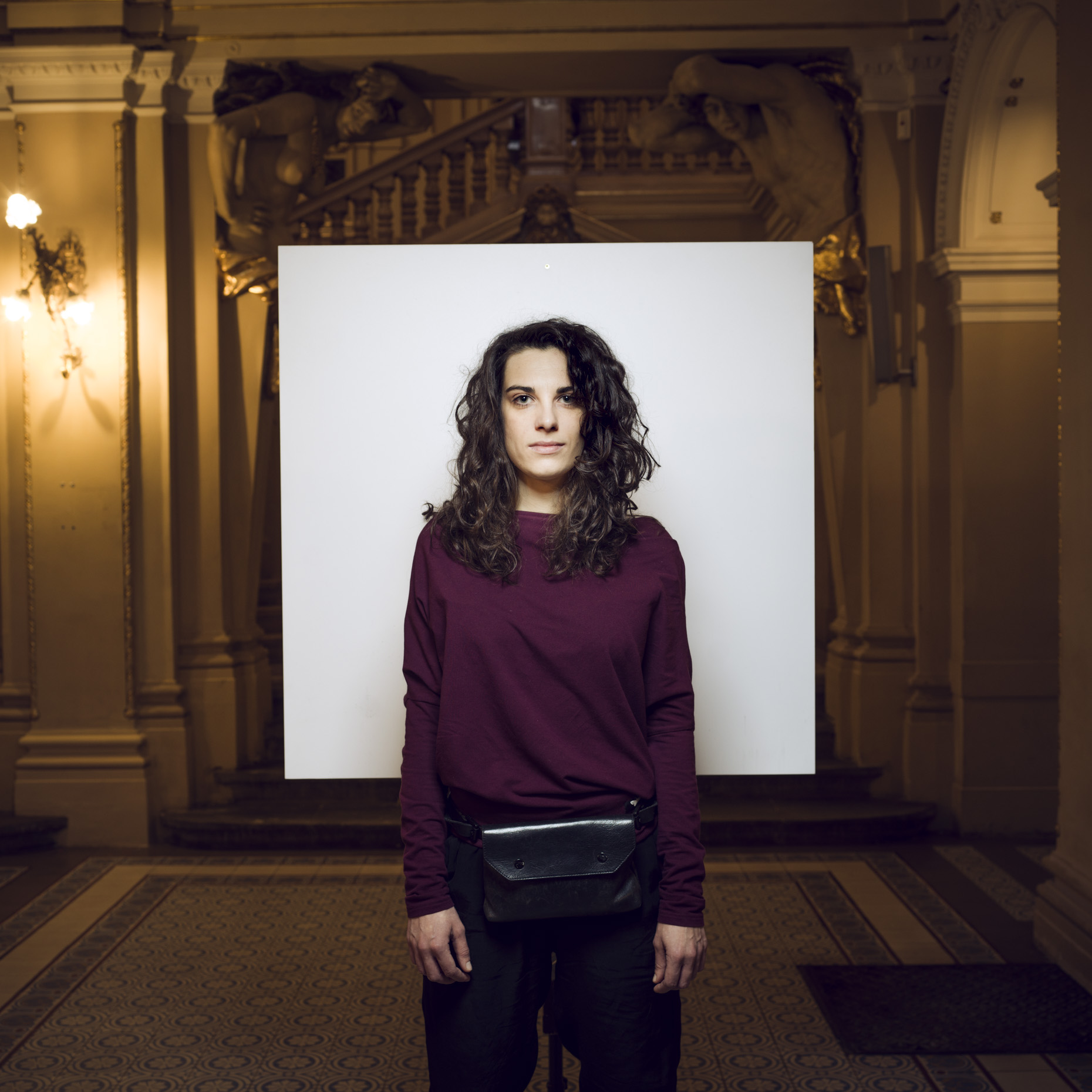
When we did a bilingual performance (Polish and sign language) we collaborated with the Royal Conservatoire of Scotland. Representatives from RCS came to Poland and led a workshop at our theatre about what a bilingual performance needs to look like. I had previously created the play "War in Heaven" and "Sisterhood" which featured deaf and hard-of-hearing actors. On the basis of all these experiences, we created the performance 'Romeo and Juliet'. This was already a strictly bilingual performance with Polish and English subtitles. In December, it will additionally be performed with audiodescription, which will allow us to expand the audience to include people with visual impairments. In addition, before the performance I will conduct workshops for visually impaired people on sign language doing an introduction to Deaf culture and sign language audiodescription, so that they can better receive the performance.
We have also had film workshops for the Deaf and hearing, as well as choreography, dance workshops for the visually impaired. We also recently held a workshop for people with Down's syndrome called 'The Actor's Way to the Stage', where we followed the actor's path from the first table rehearsal to meeting the audience on stage. Participants were able to go through all the spaces of the theatre and the stages of creating a performance.
[AK] What was the first project you carried out as part of the project - Accessible Culture?
[DF] The first one I carried out in the theatre was a workshop around the play Fern Flower. After the performance, the actors met with children with different disabilities who had seen the play. There were people with hearing and visual disabilities. The audience was able to talk, touch the costumes and ask the actors questions. Such live encounters with actors are very valuable.
[AK] What has been the reaction of the audience?
[DF] Certainly, since these last few years, audiences with disabilities are learning to enjoy accessible culture. They are getting used to the fact that there are events, that they can come to them. This accessibility is on many levels. There are reactions that something could be different - sometimes less of something, sometimes more. The majority of voices are positive. Audiences appreciate that accessibility takes place in a variety of artistic spaces, whether in workshops, education, communication or access to performances themselves. I try, as far as possible, to approach this comprehensively.
[AK] What motivated you to work in such a niche subject?
[DF] I feel a mission in it. I think it's something important and necessary. I'm motivated by cause and that's probably my biggest motivation. If a blind person who, thanks to my work, says that it's the first time they've been to the theatre and that they've experienced something they haven't felt in a long time, that generates strength in me to do more. In addition, I myself am constantly learning about new spaces related to accessibility, meeting inspiring people who have been working on this topic for years and artists with whom I can create accessible art.
[AK] What are the responsibilities of an accessibility coordinator? What does your job look like on a day-to-day basis?
[DF] The job of an accessibility coordinator consists of many areas: communication, architecture, organisation. I invent events, create them and produce them. At the same time, I am an administrator. I create contracts, arrange budgets, write and run projects. Even though it's exhausting work, fortunately, at the end of the paperwork there is an encounter with another human being. Attending these accessible events and meeting people rewards the hours of organisational work.
[AK] What are you currently working on? Tell us a bit about your latest project 'Romeo and Juliet'.
[DF] Thanks to the support of PFRON, we have created the play "Romeo and Juliet". As part of this project, we were also able to provide training for the actors and staff. Directing a bilingual play (spoken Polish and sign language) was something very important to me.This is the first bilingual repertory play in Poland.
I am immensely proud of it and happy that we were able to create something like this. It features hearing and deaf actors. I have also invited other deaf artists to the production, that is, a playwright and a costume designer. Thanks to the whole team, we created a bilingual play, which premiered in June 2023, and then we were invited to the Shakespeare Festival, from which we returned with the main prize, the Golden Yorick.
[AK] What is the process of preparing accessible repertory performances for people with disabilities?
[DF] It starts with choosing a performance. Determining if it's even possible. Then we determine for which people we are going to prepare this performance with accessibility. Then we commission PJM interpreters and people from audiodescription. We send them scripts and recordings. When possible, they come to the live performance. Then the preparatory work takes place, so, for example, the interpreters come up with sign signs that don't exist but can help in understanding the performance (for example, the sign sign sign of a character). As for the audiodescription - it is written on the basis of the recordings and the script. Later, the creators come to a rehearsal and during the rehearsal they test what they have written. Once all the content has been tested and approved, the creators can realise the audiodescription live during the performance. The reader (usually the person who wrote the AD beforehand) sits in a special room where he or she has a view of the stage. There he or she reads out the prepared audiodescription in real time. In PJM, there are usually two interpreters visible on the left or right side of the stage, lit up and visible to everyone during the performance. In addition, subtitles in Polish are displayed above the stage, which have been prepared in advance by a specialist.
[AK] What are your future plans in terms of accessibility?
[DF] I would love for 'Romeo and Juliet' not to be the only bilingual production in our theatre. I hope for more bilingual or inclusive productions. My dream is also to create an accessibility team, which will consist of people with different disabilities. We will be able to create an artistic programme that touches on new spaces and themes, and people with specific disabilities will create it together with me. At the moment I am just alone in this. So this is my plan for the future. In addition - we are active in all the areas mentioned earlier. There will definitely be new educational activities available in 2024. These will be the revision of the baccalaureate with access for people with visual and hearing disabilities.
[AK] Thank you very much for the conversation.
[DF] You're welcome.

